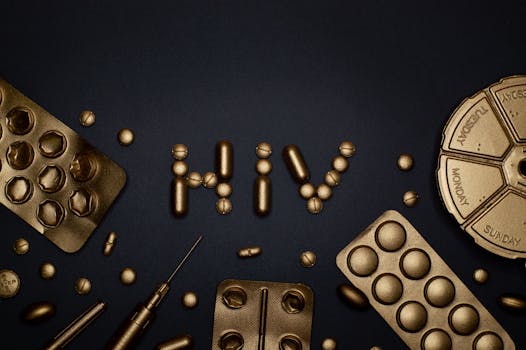
The Science Behind Vaccines and Public Health: Vaccines and Their Importance
The science behind vaccines is a vital aspect of public health, and understanding how they work can help us appreciate their importance in preventing infectious diseases. Vaccines have been instrumental in controlling and eliminating many diseases, and their impact on public health cannot be overstated. In this article, we will delve into the science behind vaccines, their history, and their role in maintaining public health.
How Vaccines Work

Vaccines work by introducing a small, harmless piece of a pathogen, such as a virus or bacteria, to the body. This triggers the immune system to produce antibodies, which are proteins that recognize and fight the pathogen. The next time the body encounters the same pathogen, the immune system is prepared to respond, and the antibodies can recognize and neutralize the pathogen, preventing infection.
Types of Vaccines

There are several types of vaccines, including inactivated vaccines, live attenuated vaccines, conjugate vaccines, and mRNA vaccines. Inactivated vaccines contain a killed or inactivated form of the pathogen, while live attenuated vaccines contain a weakened form of the pathogen. Conjugate vaccines combine a weakened form of the pathogen with a carrier protein, and mRNA vaccines use a piece of genetic material to instruct cells to produce a specific protein.
History of Vaccines

The history of vaccines dates back to the late 18th century, when Edward Jenner developed the first vaccine against smallpox. Since then, vaccines have been developed against many other diseases, including measles, mumps, rubella, and polio. The development of vaccines has been a major factor in the control and elimination of many infectious diseases, and has saved countless lives.
Role of Vaccines in Public Health

Vaccines play a critical role in maintaining public health by preventing the spread of infectious diseases. By vaccinating a large portion of the population, we can create herd immunity, which helps to protect those who are unable to receive vaccines, such as individuals with compromised immune systems. Vaccines have been instrumental in controlling and eliminating many diseases, and their impact on public health cannot be overstated.
Vaccine Safety and Effectiveness

Vaccines are extensively tested for safety and effectiveness before they are licensed for use. The safety of vaccines is continuously monitored, and any adverse reactions are thoroughly investigated. The effectiveness of vaccines is also closely monitored, and adjustments are made as needed to ensure that vaccines remain effective against emerging strains of pathogens.
Common Misconceptions About Vaccines

There are several common misconceptions about vaccines, including the idea that vaccines cause autism, that vaccines are not effective, and that vaccines are not safe. However, these misconceptions have been thoroughly debunked by scientific evidence, and vaccines remain one of the most important tools we have in maintaining public health.
Conclusion

In conclusion, the science behind vaccines is a vital aspect of public health, and understanding how they work can help us appreciate their importance in preventing infectious diseases. Vaccines have been instrumental in controlling and eliminating many diseases, and their impact on public health cannot be overstated. By continuing to develop and distribute vaccines, we can protect ourselves, our families, and our communities from the threat of infectious diseases.



